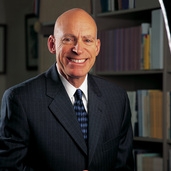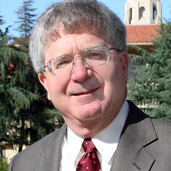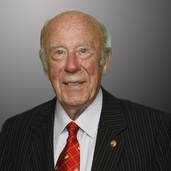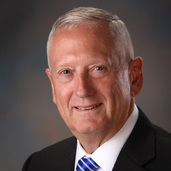America: Growth of a Young Nation
Written by Kanza F. Naqvi
In a nation as diverse as the United States, the significance of being an American changes from individual to individual. Yet what remains the same in all such discussions is the enjoyment of freedom this nation offers. The nation stands—albeit imperfectly—as a beacon for freedom in the world. Its Declaration of Independence proclaims equality as a guiding principle, and the Constitution orders individual rights as the foundation of its political system. So what makes the American experiment unique, and what can we do to improve it?
Is America Exceptional?
Although it is a young country, compared to the European counterparts that fed into its early development, the United States has come a long way from a small group of colonies that banded together to fight off their colonial oppressors. Today it exists as a global economic power and has shaped international affairs for a century.
Despite its successes, America still faces many urgent challenges, such as crime, poverty, education, social unrest, and racial tension. Moreover, many people feel divided and hindered by deep partisanship. But as we look to our past, we see that, while young, America is a robust nation with a culture of innovation and receptiveness to immigration. So even when Americans feel divided, they broadly share the same values: freedom, opportunity, and hard work.
In this video, Condoleezza Rice discusses what unifies Americans:
What Explains America's Prosperity?
In Examining America's Exceptional Economy, economist Edward Lazear explores what has made America's economy successful, what sets it apart from other nations, and what needs to be done to sustain its prominence in the global economy. Lazear shows that America and its people have prospered by prioritizing economic freedom, industriousness, low taxes, light regulation, free trade, and openness to immigration.
Economic freedom is a prerequisite for this prosperity. It allows people to pursue their aspirations, own property, and reap the rewards from entrepreneurship. And because we can benefit from our ideas and labor, we’re more likely to work, innovate, and invest. When these incentives aren’t in place, the results are tragic. This can be seen in the experience of authoritarian governments, which have repeatedly failed to deliver broad-based prosperity. Instead, societies that have embraced open markets, the rule of law, and democracy have seen more people prosper beyond the privileged few. The video below highlights the difference and explains why open economic systems lead to more prosperity than closed systems that are based on socialist principles:
A key ingredient to the prosperity is the rule of law, a concept better explained in the video below:
Working Toward a Better Future
America is not flawless, but it is resilient and capable of reform. That is true even when it comes to the seemingly deep political divisions we see in national debates. In “Don't Give Up on Democracy,” Larry Diamond discusses his 2019 social experiment in which Americans from various backgrounds across to country gathered in Texas to discover whether they could have civil discussions about critical and controversial policy issues. The result was promising. When assembled in small groups and provided with unbiased briefing papers, participants did not divide themselves among party lines.
This experiment in deliberative democracy shows that American democracy is still capable of united us and yielding positive outcomes. But it requires an intentional effort to engage with people who hold opposing viewpoints.
America’s role in the world is also dependent upon its strength at home. In this video, H. R. McMaster explains how to restore confidence in America and our democratic institutions:
Finally, George P. Shultz provides timeless “boot camp” wisdom about the critical issues facing America and discusses the importance of strengthening our nation's leadership.
Conclusion
America is not a utopian nation, but it is built on timeless principles. Many point to its flaws as a justification for their pessimism. After all, the country faces many challenges, such as systemic racism, social unrest, unsustainable federal deficits, and political polarization. And the COVID-19 pandemic has also exposed significant weaknesses in our government.
However, America is far from a failed project or finished work. It is an ongoing experiment, and understanding that is essential to overcoming division and distrust.
As General Jim Mattis explains, we must reject pessimism and participate in our democratic system. We can achieve common ground, improve our country, and pass our freedoms to the next generation by embracing these principles.










